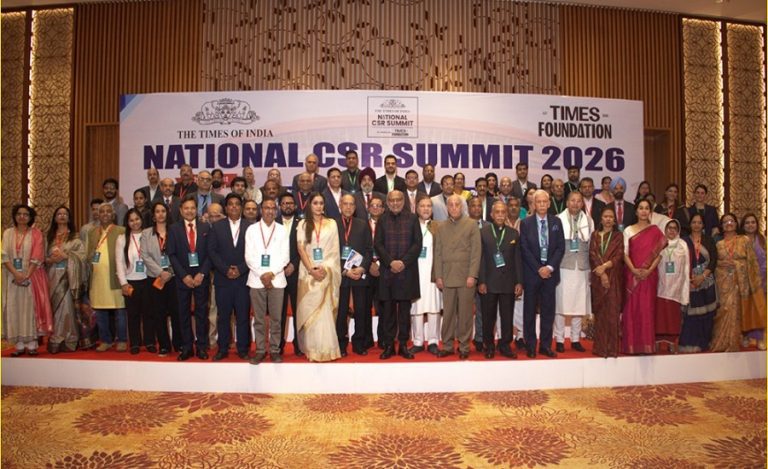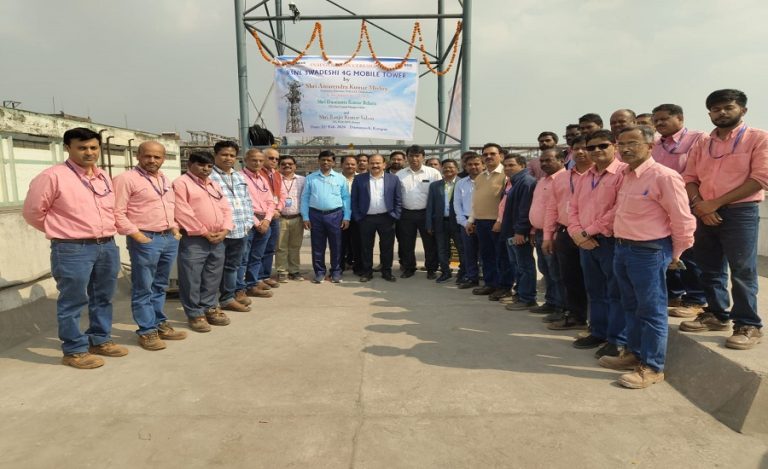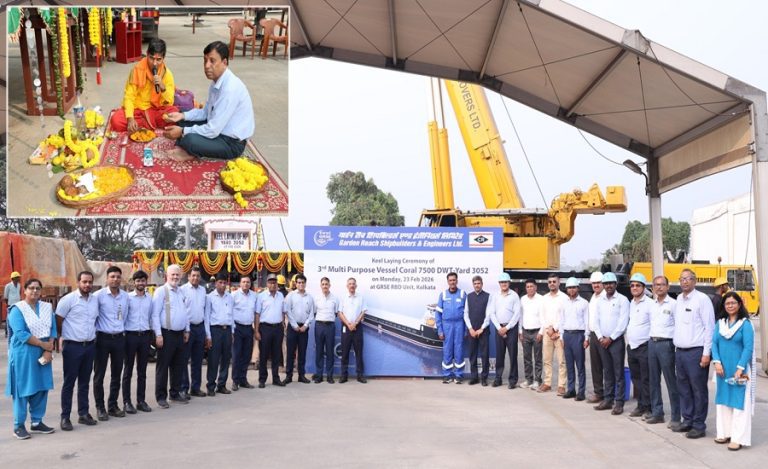Kathmandu: As Nepal continues to witness mass protests led by its youth – popularly known as the Gen Z Revolution – a parallel conversation has gained traction across social and digital platforms: What is the Nepalese equivalent of India’s IAS?
The answer lies in the Nepal Administrative Service (NAS), one of the most prestigious civil services in Nepal, much like the Indian Administrative Service (IAS) selected through UPSC in India. Youth aspiring for leadership and administrative roles in Nepal take the Public Service Commission (PSC) exam, a highly competitive and respected route to public service.
What Sparked the Curiosity?
The wave of protests initially erupted after the Nepal government banned popular social media platforms in early September 2025. However, what began as a reaction to digital censorship quickly expanded into a broader movement against corruption, unemployment, and inequality. This youth-driven uprising has amplified conversations about career opportunities, governance, and reform, leading many to ask: How does one become an IAS-like officer in Nepal?
Read also: Nepal Joins India-Led International Big Cat Alliance (IBCA), Boosting Global Conservation Efforts
What Is the Nepal Administrative Service (NAS)?
The Nepal Administrative Service (NAS) is the country’s top civil service body, functioning similarly to India’s IAS. Officers selected into NAS are responsible for:
- Implementing government policies
- Maintaining law and order
- Managing development projects
- Overseeing district-level and ministerial work
- Public service delivery
- Disaster management and crisis response
NAS officers are posted in districts, municipalities, and central government ministries, playing a pivotal role in nation-building and policy execution.
How to Become a NAS Officer in Nepal?
To join NAS, aspirants must clear the Public Service Commission (PSC) exam. Like India’s UPSC, the PSC exam is merit-based and highly competitive, consisting of:
Written examination: General knowledge, current affairs, administrative theory, and language skills
Interview (Personality Test): To assess suitability for administrative roles
Candidates who clear both stages are appointed as officers in the NAS cadre.
Eligibility Criteria for PSC Exam in Nepal
To sit for the PSC exam, a candidate must fulfill the following conditions:
- Educational Qualification: A graduate degree from a recognized university
- Age Limit:
- General category: 21 to 35 years
- Reserved category and female candidates: Relaxation available (up to 40 years in some cases)
Salary and Benefits of NAS Officers
Successful candidates in NAS enjoy attractive salaries and government perks. Here’s what they receive:
- Starting salary: Around NPR 45,000 per month
- Senior roles: Can earn over NPR 100,000 per month with promotions
- Other benefits:
- Government housing
- Official vehicles and security
- Medical facilities
- Pension and retirement benefits
Role and Responsibilities
NAS officers are entrusted with several key administrative responsibilities:
- Policy implementation
- District and state-level governance
- Supervision of development schemes
- Emergency response and disaster relief
- Public grievance redressal
- Coordination between various government departments
Just like IAS officers in India, NAS officers are the backbone of governance in Nepal.
Final Thoughts
While the Gen Z Revolution in Nepal is primarily focused on digital rights and anti-corruption, it has unexpectedly reignited interest in public service careers. The growing awareness around the Public Service Commission exam and NAS points to a generation not only demanding change but also wanting to be a part of the system that shapes the future of Nepal.



























